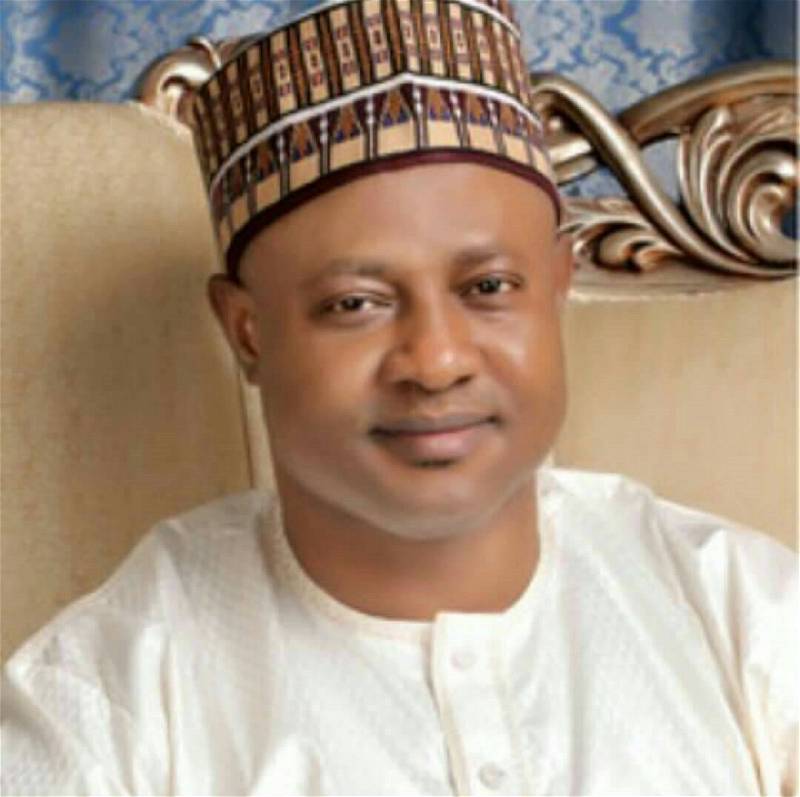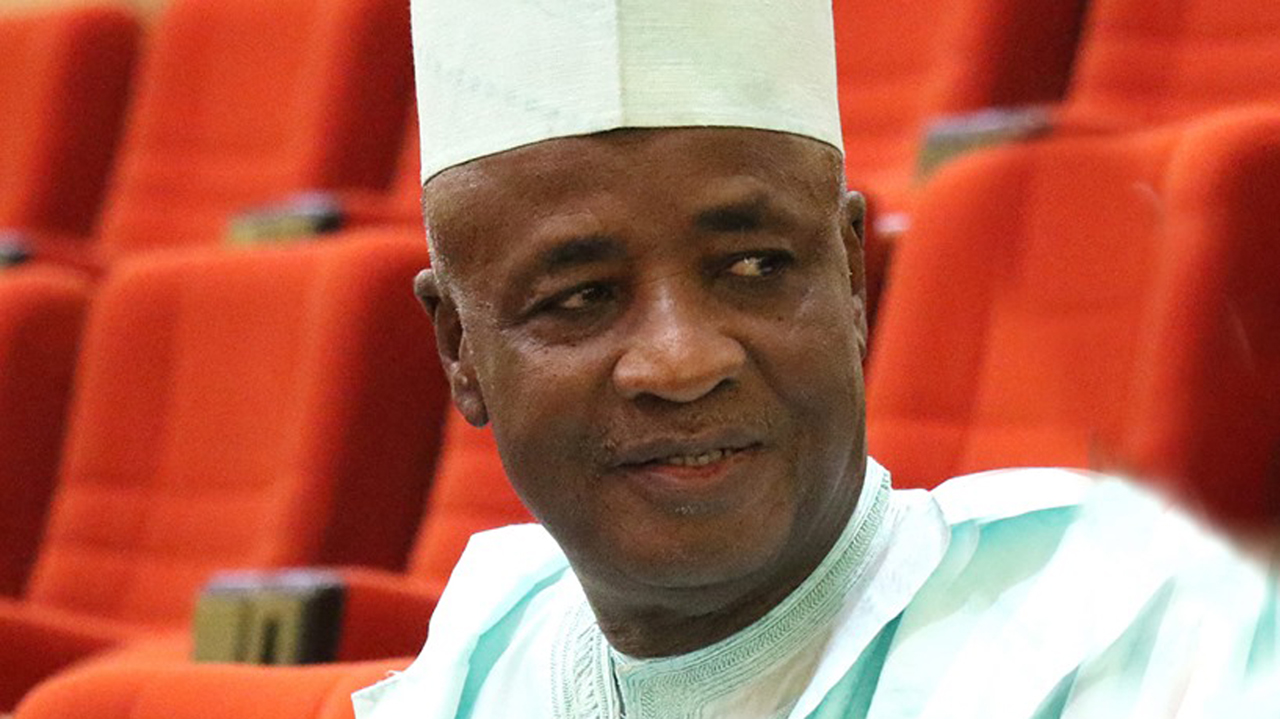While Nigerians fixed their attention on political events that are determined more by opportunism,than service the Auditor General of the Federation in his 2016 Audited Annual Report of the Federal Government of Nigeria financial statement made not one ,but several damning statements on revenue generation and expenditure. But probably because the report was not about Senator Shehu Sani threatening to decamp from FC Broom to FC Umbrella or Adams Oshiomhole assuming powers that he clearly lacks,the report which should have provoked outrage hasn’t,largely due to “illiteracy” and lack of awareness of the importance of Audit Reports.
Auditing is about transparency and accountability of how Government spends the commonwealth,it doesn’t matter that the bulk of Nigeria’s revenue is from crude oil and that taxes is just a minute fraction of the total expenditure of the various State and federal governments. Nigerians definitely deserve to know what is earned,how every kobo, dollar is spent and the most critical questions, where these resources efficiently deployed and did Nigeria get value for its money? The key objective of auditing an account is to express opinion on the financial state of the entity,in this case that of the federal government, that being the case it is in the eńlightened self interest of the government to have this picture.
The highlights of the Report which are repulsive and should actually lead to a mass revolution includes;none disclosure and none remittance of revenues by revenue agencies like the Nigerian National Petroleum Corporation (NNPC), which to date lacks records of output and sales of crude oil and until recently the Joint Admissions and Matriculation Board(JAMB), which in one year has remitted to the Consolidated Revenue Fund what previous executives in the last thirty (30) years put together didn’t remit. Sixty five (65) agencies have never submitted their accounts for audit. Another shocker is that only fifty one (51) agencies submitted their audited financial statements for 2016 which is in flagrant violation of the Financial Regulation 3210(v) which enjoins these bodies to submit audited accounts and management report not later than May 31 of the following year. The real scandal is that as at April 2018, one hundred and nine (109) agencies have not submitted their audit reports beyond 2013. The effect of these revenue leakages are partly why governments at all levels are unable to provide very critical services that will drive the economy. The other factor being poor implementation of projects.
The issues raised by the Auditor General of the Federation are cogent enough to warrant a National Conference and should deeply worry Nigerians especially as some of these crazy events are happening under an administration whose cardinal policy is an all out war on corruption in all its ramifications. I shudder what the fate of Nigeria would have been assuming the All Progressives Congress (APC), didn’t make the war against corruption an issue? The implication is that NNPC which clearly is already above the law, would have become an outlaw,a bandit,and a law into itself. It is unimaginable and scandalous that the NNPC can not account for Joint Venture cash calls (funds injected into the JVs by the NNPC on behalf of the Federation) in its books,nor can it explain reasons for the marginal revenue from export of crude oil and gas for 2016.
Though the Muhammadu Buhari administration has been fighting corruption,never mind the position of people like senator Shehu Sani who think it is selective,the reality is that it hasn’t waged the war through institutions,which would have made it much more effective. The Economic and Financial Crimes Commission(EFCC) has been more brawl than brain as noted by the United States Government in its report. If auditors are empowered to work through professional conduct of audits and sanctions imposed on defaulters there sure will be sanity. Definitely the president must be aware that audit reports will engender efficient management of public resources and exhume corrupt practices. If so why is he not tackling the war on corruption through prevention- strengthening the institutions, rather than the high drama of EFCC arresting people after the act.
The National Assembly,especially the Peoples Democratic Party in the light of the startling revelations of the Auditor -General of the Federation owes Nigerians some explanations on its so called oversight functions to these agencies,especially those that have been found to flout the laws. Are oversight functions of the Assembly about implementation of projects? If they were diligent , why didn’t they discover that over one hundred (100) agencies in the last ten (10) years that had deliberately refused to submit their audited reports? It is obvious that the various committees never bothered asking such pertinent questions and that when they do ask it is obviously to arm twist the agencies into “settling” them.
The framers of the 1999 Constitution as amended understand the need to hold the government in power accountable,hence it made it mandatory that the opposition party must chair the Public Accounts Committee. Section 85(5) of the 1999 Constitution, makes it mandatory for the Auditor-General within 90 days of receipt of the Accountant General’s financial statement, to submit his Report to each House of the National Assembly (The Senate and the House of Representatives) and each House shall cause the Report to be considered,because of its importance.
The main function of the Public Accounts Committees of the National Assembly is to ensure that public money was spent for the approved purpose and with due regard to efficiency, economy and effectiveness. Much of its work is based on the Auditor-General’s Report. But beyond holding public sittings were the Auditor-General and his team are confronted by the Accounting Officer (Permanent secretary) of the audited Ministry or Office there are no sanctions,so its usually back to business. And this is what has emboldened the defaulting agencies to become more daring in “the extensive violation of statutory financial reporting obligations by Parastatals” as stated by the Auditor-General of the Federation.
Moving forward do the Auditor General of states and that of federation have sufficient powers to act? Does Sections 85 and 125 of the Constitution, guarantee the auditors the independence they need to check bandits like the NNPC? Or is there a compelling need for an Auditor-General Act that will provide for financial and administrative independence,so as to give real effect to the spirit of the 1999 Constitution. The National Assembly should take a hard look at the Report of the Auditor -General and do the needful. Should the Auditor – General of the Federation be vested with prosecutorial powers? Especially as the National Assembly has shown itself incapable of acting,a situation that has provided the indicted agencies the fertile playing ground. The Auditor -General lacks the power to act beyond merely submitting his report to the do nothing National Assembly. Should the Office of the Auditor- General of the Federation be made first line charge to enhance its independence? These are all the issues that must be addressed, considering the extensive travels they undertake and the need to properly remunerate the auditors so as to insulate them from “pressure”.
No doubt the report of the Auditor – General of the Federation is a big blow to the anti – corruption credentials of President Buhari, the African Champion against corruption,which he must fight with every power at his disposal. It also calls into question the strategy or lack of it of the Buhari administration,which is why it must act. The administration must begin to understand that you don’t deter corruption by jailing people and that real real war is making it difficult for people to steal in the first instance. For starters the president must act on the audit reports which have clearly indicted these agencies. That’s the first decisive step that he must take to send out a clear the message that he means business.
Stringent sanctions should be imposed on defaulting agencies like the NNPC,which is clearly above the law, including withholding financial releases and sanction of the Chief Executives who do not render timely accounts, as provided in the Constitution and Financial Regulations.It is puzzling why the Executive and the National Assembly haven’t so acted. Such drastic action is needed to stop the madness that seems to be getting worse by day- in 2015 two hundred and fifteen (215) failed to submit their accounts, by 2016 the number had jumped to three hundred and twenty four (324). Before now the worse year was in 2014 when only one hundred and forty eight(148) failed to submit their accounts despite the provision of Financial Regulation 3210(v) which enjoins the Chief Executive Officers of these bodies to submit both the Audited Accounts and Management Report the auditor general not later than 31st May of the following year of Account.
Post Script: Kudos to kaduna State Government for consistently publishing an up to date Audit Report since 2015.




